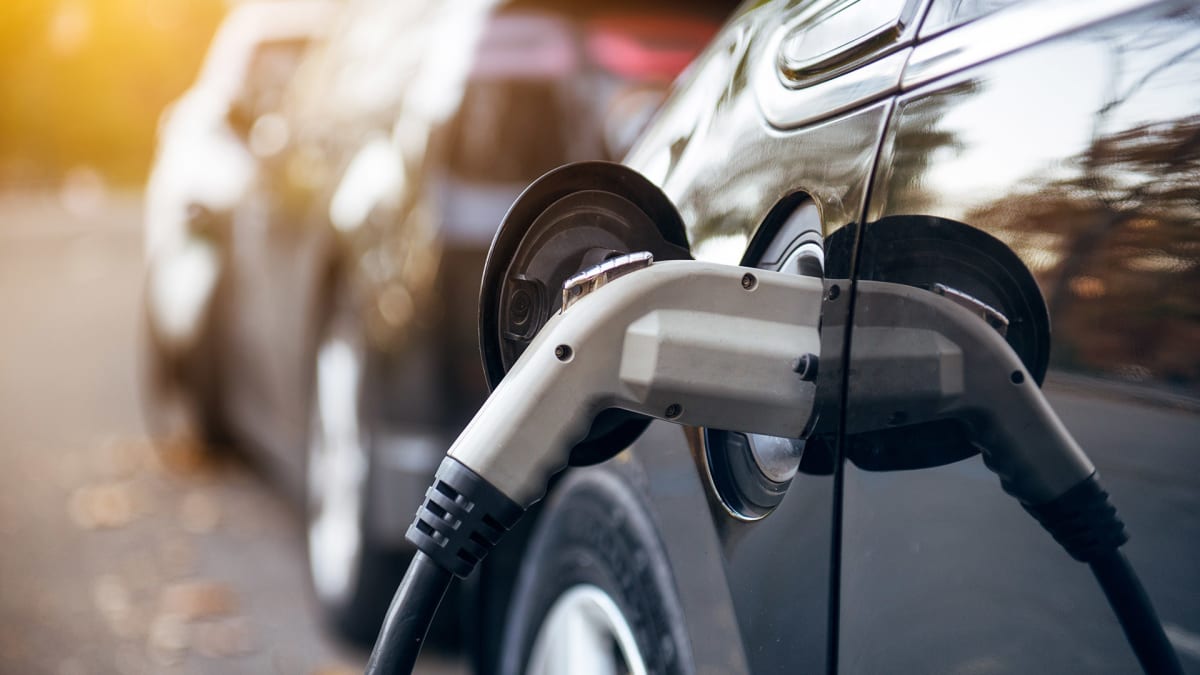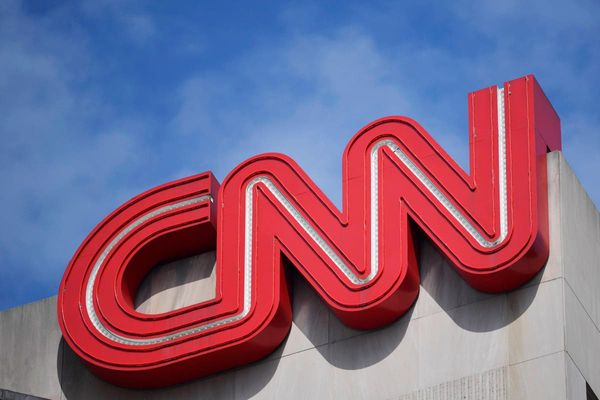
In traditional times of economic downturn, consumers are opting for caution.
They are cutting back on less essential purchases and are on the lookout for bargains and promotions to avoid ending up in the red.
For several months now, economists and investors have feared that the economy would fall into recession weighed down by stubborn inflation which has been at its highest for many decades. In this context, where the prices of most products and services have increased, any mechanism to obtain a good deal is welcomed by consumers.
In the auto industry, the bargain came in the form of a $7,500 federal tax credit passed as part of the Inflation Reduction Act (IRA) last summer. This public subsidy came into effect on Jan. 1 and benefits clean vehicles.
For three and a half months, the Biden administration, which wants to encourage Americans to convert to electric vehicles, has allowed almost all clean vehicles on the American market to take advantage of this tax credit. Until April 17, a total of 25 electric and plug-in models benefited from this precious aid which influences the decision of many consumers who have seen the financing of car loans become expensive due to the rise in interest rates.
Foreign Brands Are Excluded
The U.S Treasury Department on March 31 issued new rules that make it more difficult to benefit from this crucial aid in order to solidify the made in America market. The new rules, which are effective since April 18, reduce the number of vehicles benefiting from some or all of these federal tax breaks to just 16. And the most striking thing is that these models are produced by four car manufacturers, Tesla (TSLA), Ford (F), General Motors (GM) and Stellantis (STLA), which owns Jeep and Chrysler -- all American.
No electric vehicle developed by a foreign carmaker is eligible. The German giant Volkswagen (VWAGY), which had two electric models, is thus one of the big losers. The Volkswagen ID4 and its variants are thus excluded. In addition, Audi, one of Volkswagen's premium brands, sees the Audi Q5 TFSI e Quattro plug-in hybrid excluded.
German luxury carmaker BMW (BMWYY) is also seeing the BMW 330e plug-in hybrid and the BMW X5 Drive45e plug-in hybrid excluded from federal tax credit of $7,500. Big setback also for the Japanese group Nissan whose Leaf is no longer eligible. Finally, Volvo is also a loser.
The two U.S. upstart EVs Rivian (RIVN) and Lucid (LCID) are disqualified because their vehicles are too expensive.
In general, to receive the full $7,500 credit, a portion of the battery cells must be manufactured in North America, while a percentage of the major minerals must be sourced from the United States or other relevant countries. like friends. A clean vehicle, on the other hand, can benefit from half the credit - $3,750 - if it meets one of the two conditions linked to the battery-sourcing criteria.
The vehicles must then meet basic price conditions which are different for sedans, SUVs and pickups. Basically, luxury models are automatically excluded. The objective of the Biden administration is to encourage the arrival of a large number of clean vehicles on American roads. The Environmental Protection Agency aims for two-thirds of U.S cars to be electric by 2032.
"All-electric, plug-in hybrid, and fuel cell electric vehicles purchased new in 2023 or after may be eligible for a federal income tax credit of up to $7,500," the U.S. Department of Energy said. "The availability of the credit will depend on several factors, including the vehicle's MSRP [manufacturer's suggested retail price], its final assembly location, battery component and/or critical minerals sourcing, and your modified adjusted gross income."
General Motors is the big winner of the new rules. Virtually every model and new electric model from the Detroit, Mich.-based automaker gets the full federal tax credit. At Tesla, all variants of the Model Y SUV, the best-selling electric vehicle in the United States, benefit from the full $7,500 tax credit, as well as high-end variants of the Model 3 sedan. Model 3 base units only qualify for half the credit because they are equipped with made in China battery cells.
Ford is also well served: six of its electric and plug-in hybrid models benefit partially or totally from the federal tax break, including the star models the Ford Mustang Mach-E and the F-150 Lightning pickup.
Made in America
The models receiving the full federal credit of $7,500 are the Cadillac Lyriq, Chevrolet Bolt, Chevrolet Silverado (not yet launched), Chevrolet Blazer (not yet launched) and Chevrolet Equinox (not yet launched). They are all made by GM's brands. At Ford, it's the F-150 Lightning, the Lincoln Aviator Plug-in Hybrid. At Tesla: The Model 3 Performance, the Model Y (AWD, Long-Range AWD and the Model Y Performance.).
The Chrysler Pacifica Plug-In Hybrid also qualifies for the full $7,500 federal tax break.
Vehicles eligible for the $3,750 partial credit are: the Ford E-Transit van, the Ford Mustang Mach-E, the Ford Escape Plug-In Hybrid and the Ford Corsair Plug-In Hybrid. At Tesla, it's the Model 3 Rear-Wheel Drive.
At Stellantis, it's the Jeep Wrangler Plug-In Hybrid 4xe and the Jeep Grand Cherokee Plug-In Hybrid 4xe.
What is interesting to note is that prior to the Inflation Reduction Act GM and Tesla no longer benefited from the federal tax credit because they had reached the limits imposed by law in terms of the number of vehicles sold. But the IRA removed this limit, which had allowed around 92% of electric vehicles on the market to be eligible, according to Alliance for Automotive Innovation, an industry lobby. This figure had dropped to 43% in February and since April 17, the date of application of new rules on battery, this number has completely melted.
The new rules to promote made in America has prompted many car manufacturers and battery manufacturers in recent months to announce billions of dollars of investments in the United States.







